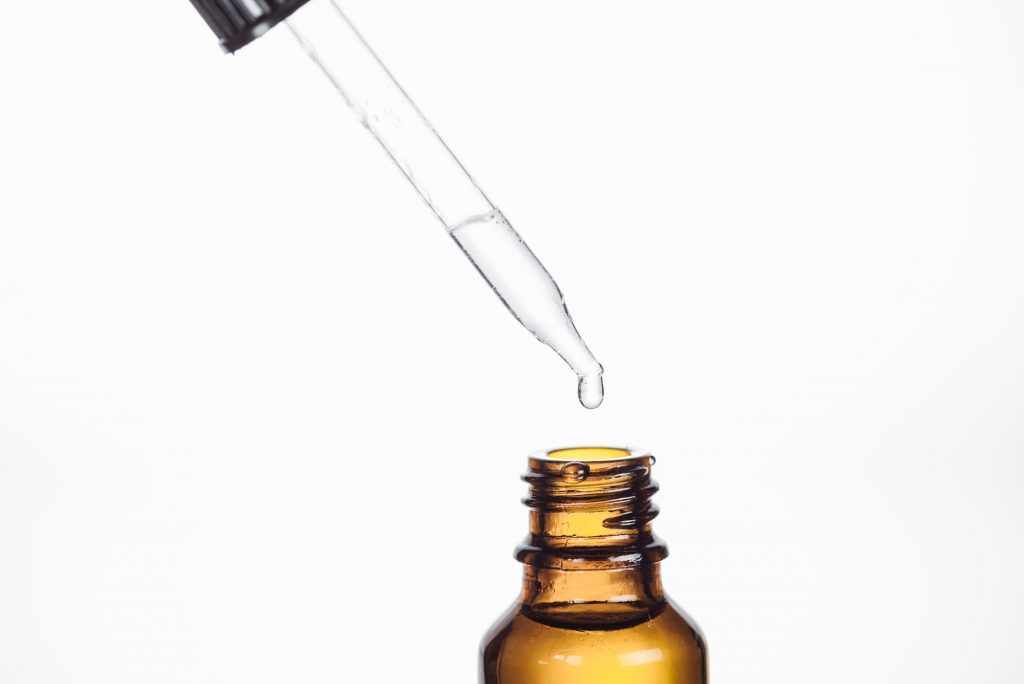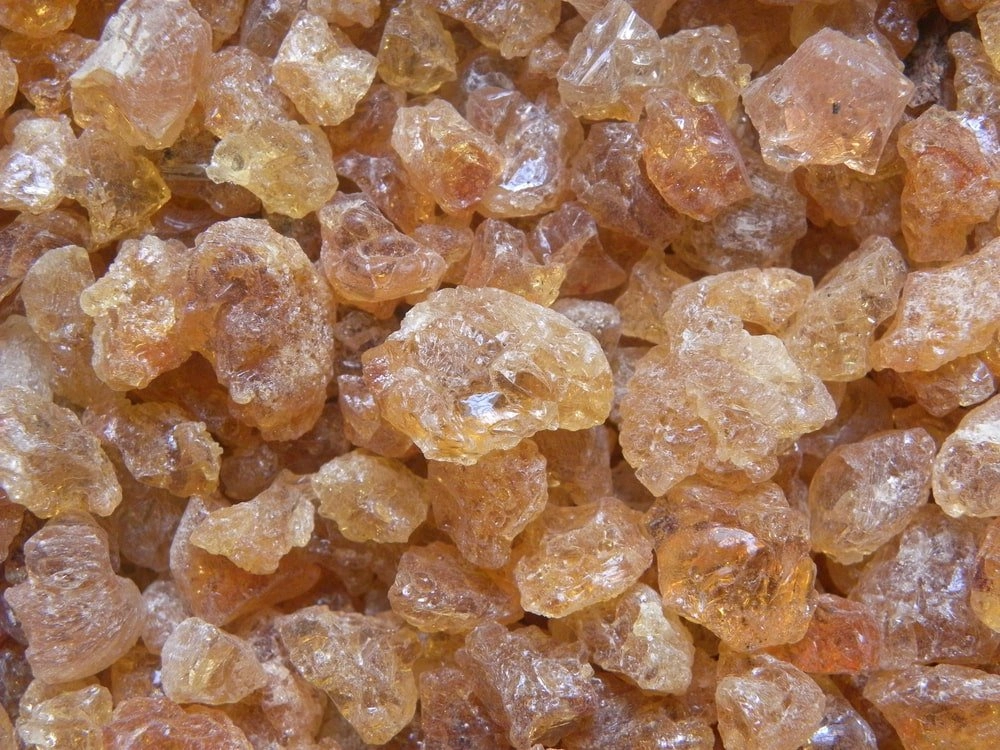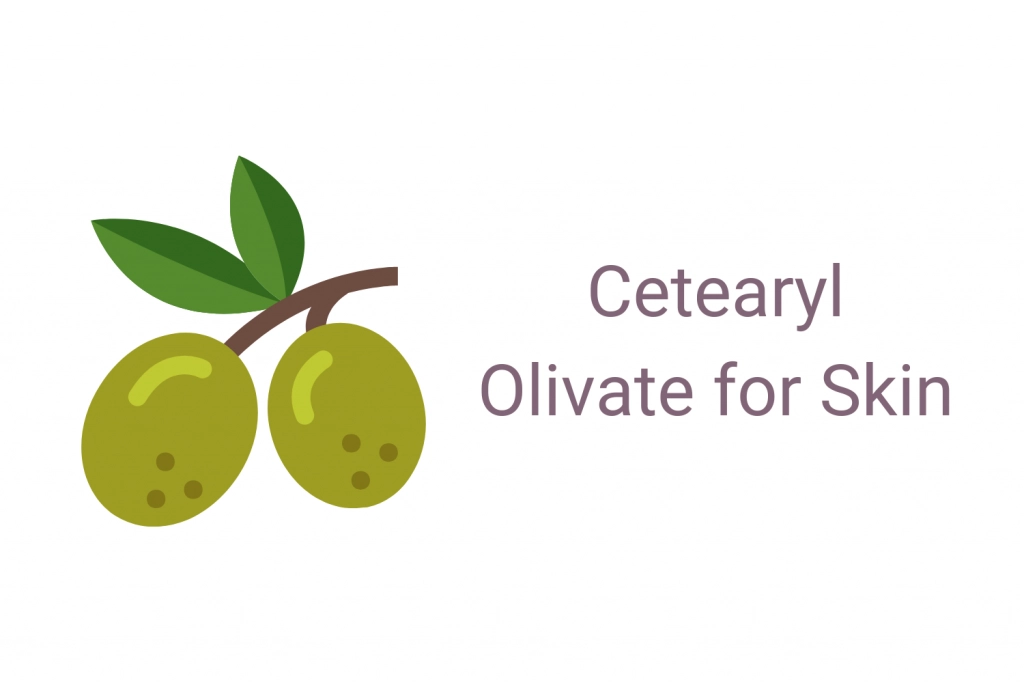Love your skincare routine but want to make sure you’re not using any products with yucky ingredients? We get it. We’re here to help you learn a little more about diropylene glycol which sparks differing opinions.
This post may contain affiliate links. Read the full disclosure here
Dipropylene Glycol is a type of alcohol popular in skincare, cosmetics, and personal care products to improve the stability and texture of products. This clear, colorless humectant is considered safe to use in cosmetics and skincare products.
Dipropylene offers skin moisturizing properties but it’s useful as a solvent, texture-enhancer, and viscosity decreasing agent.
What Is Dipropylene Glycol?
Dipropylene Glycol consists of three different chemical compounds that make it part of a class of alcohols referred to as glycols. Glycols are a type of alcohol that consists of two hydroxyl groups called diols.
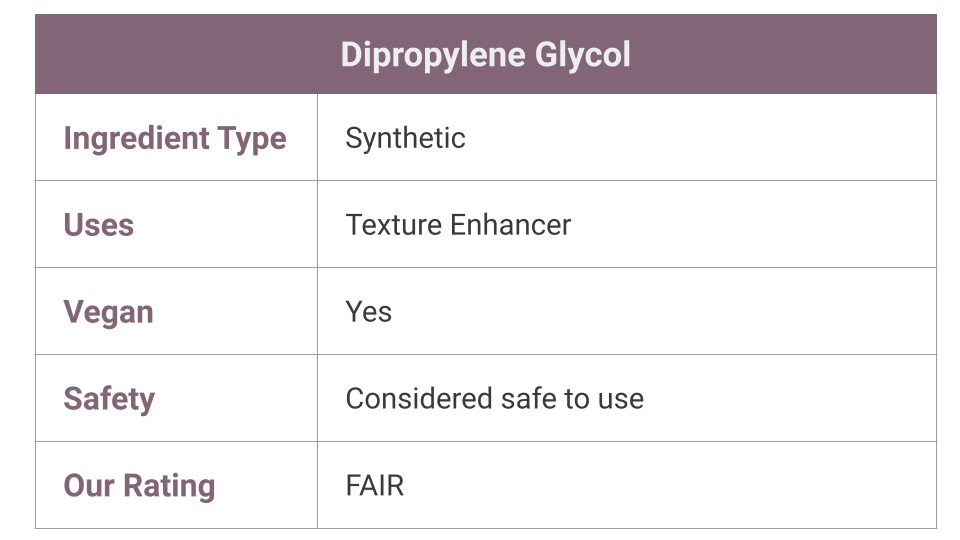
In skincare, it’s a useful solvent, texture-enhancer, viscosity decreasing agent, and carrier. When Dipropylene Glycol is used in cosmetics, it acts as a humectant, which provides moisturization and softening. It also improves the freeze/thaw steadiness of cosmetic formulations.
Dipropylene Glycol Benefits and Uses
Dipropylene Glycol is in shaving cream, cleansers, moisturizers, creams, sunscreen, mascara, shampoo, and more. It’s a humectant that helps the skin retain moisture. It’s also useful in product formulations. It can improve texture, decrease thickness, enhance skin absorption, and mask the smell of other ingredients.
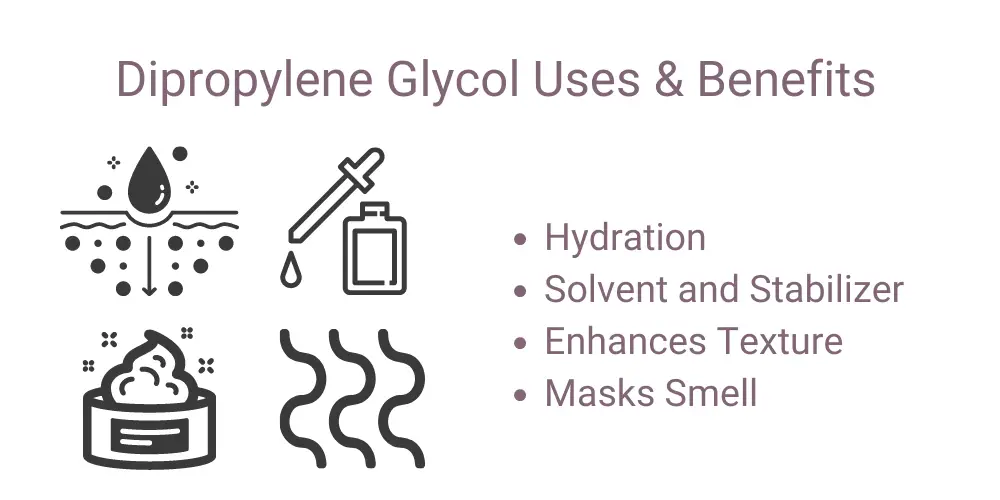
Skin Hydration
Dipropylene Glycol is a humectant that helps the skin retain moisture. This can help the skin maintain healthy hydration for a fuller, smoother complexion.
Stabilizes Formulations
Dipropylene Glycol is a solvent that helps suspend ingredients making for more even distribution. This helps products remain stable and keep the intended consistency.
Enhances Texture
Unlike other ingredients such as Sodium Chloride and Carrageenan that increase thickness, Diproylene Glycol does the opposite. It thins formulations making them easier to spread.
This unique property gives more flexibility with formulation ingredients while balancing the texture of the product.
Masks Smell Of Active Ingredients
Dipropylene Glycol can hide the smell of other ingredients that don’t smell good. We love products that are effective but sometimes the active ingredients have a funny smell. For instance, salicylic acid is a great acne treatment but it doesn’t have a pleasant smell.
Ingredients such as Dirpopylene Glycol can cover up the smell without altering the effectiveness of the ingredient.
Dipropylene Glycol vs Propylene Glycol
Propylene glycol is another substance that is used in personal care products, and it is most notably used as an artificial eye lubricant to treat dry, irritated eyes. It is also used as a preservative in food, cosmetics, and much more. While propylene glycol is made up of two alcohol groups, Dipropylene Glycol is made up of three isomers.
Isomers are compounds consisting of molecules constructed of identical solutions. Propylene Glycol is beneficial in the formulation of numerous materials in the polymer category. Dipropylene Glycol is a spin-off of Propylene Glycol, and it is created by combining two Propylene Glycol molecules. There are many similarities between these two compounds, but there are also some key differences.
Dipropylene Glycol only contains negligible amounts of alcohol, if any at all, while Propylene Glycol contains much more since it is composed of two groups of alcohols. For this reason, Propylene Glycol isn’t approved for use in fragrances for companies that aren’t permitted to use alcohol in their manufacturing processes. Additionally, Propylene Glycol is more likely to cause skin irritation and allergic reactions, especially in sensitive individuals, while Dipropylene Glycol typically does not cause skin irritation or allergic reactions.
Another key difference between these two compounds is the fact that Dipropylene Glycol has a low freezing point and a high boiling point. This makes it ideal to be utilized as a stabilizer or solvent in many products containing oils.
Propylene glycol has a low boiling point and a mid-range freezing point, making it not so ideal for use in the same products that dipropylene glycol can be used in. Propylene glycol is found in many heavily processed foods, such as dried soups, crackers, potato chips, baking mixes like cakes, pancakes, biscuits, marshmallows, cheese, and macaroni. Propylene glycol is used in these foods as a preservative, a flavor enhancer, a texturizer, as well as an emulsifier.
Is Dipropylene Glycol Dangerous?
If you were to conduct a Google search on Dipropylene Glycol, you would most likely come across websites warning you against using it because glycols are also found in products like anti-freeze, which are presumed toxic. It is disturbing for many people to know that products that they use on their skin or actually ingest contain an ingredient that is also present in anti-freeze.
But is Dipropylene Glycol Safe?
These sites claim that this ingredient can cause serious skin irritation and even more severe health problems like cancer, reproductive issues, renal failure, and more. However, the Cosmetic Ingredient Review Expert Panel (CIR) has thoroughly researched and tested Dipropylene Glycol, and the panel has concluded that, due to the fact that only minor skin irritation has been noted in sensitive individuals, Dipropylene Glycol and other glycols are safe to be used in cosmetics and personal care products. In none of their studies did they find that Dipropylene Glycol causes cancer, reproductive issues, or any other problems besides minor skin irritations in sensitive individuals.
Unlike propylene glycol, which has been implicated in some cases of skin irritation, Dipropylene Glycol is generally well-tolerated and typically does not cause skin irritation or allergic reactions under normal circumstances. However, there is always an exception, as sensitive individuals have experienced minor skin irritation after using products on their skin containing Dipropylene Glycol.
Glycols are used as preservatives and additives in many processed foods that people consume on a daily basis. Testing has been performed on both Diproplylene Glycol, and it has been concluded that as long as they aren’t consumed in large amounts, they’re considered relatively safe.
Dipropylene Glycol has only caused serious illness in one known subject when the subject consumed fog fluid that operates fog machines. Fog fluid contains Dipropylene Glycol as well as other ingredients, and it states on the package of fog fluid that it is not for ingestion. Despite the unfortunate event with the fog fluid, Dipropylene Glycol is considered safe to be used in cosmetics, personal care products, as well as food and drinks.
Is Diproplylene Glycol a Good Skincare Ingredient?
Dipropylene Glycol has limited direct skin care benefits so it’s not the best, but it’s not a bad ingredient either. It’s considered to be safe for most skin types and it helps improve the product experience. It has a low risk of irritating the skin and it can improve product effectiveness and texture.
So, if you find that Dipropylene Glycol is an ingredient in your cosmetic and other personal care products, you can rest assured that it is safe to use the products on a regular basis. There may be other ingredients in skincare products that you should be wary of, but extensive research has concluded that propylene glycol is not one of them.
Related Texture Enhancing Ingredients

